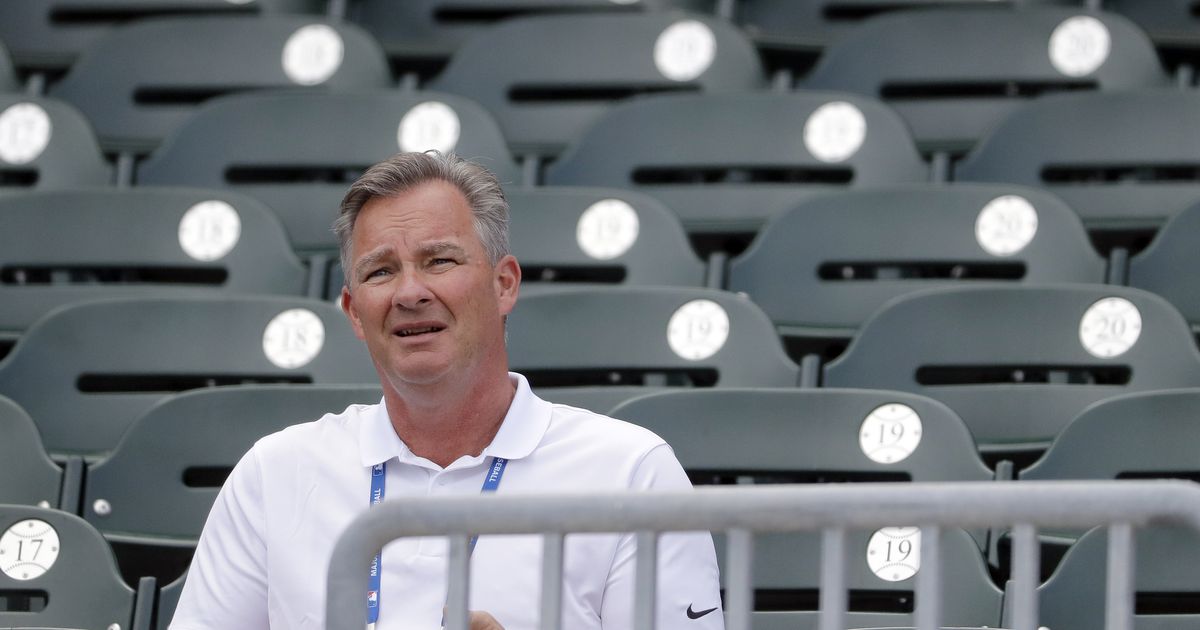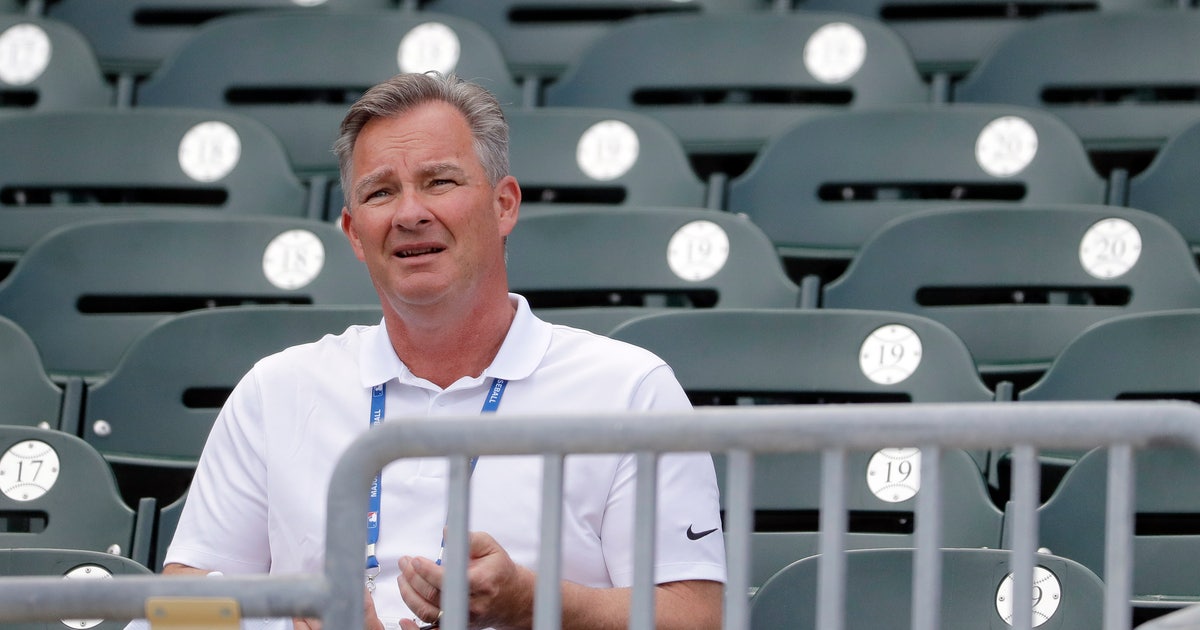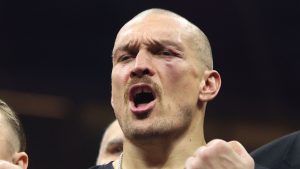Jeter’s mentor Denbo tries to help lead Marlins turnaround


JUPITER, Fla. (AP) — There were a few whiffs before Gary Denbo and Derek Jeter really connected.
The friendship dates to 1992, when Denbo was managing the Class A Gulf Coast League Yankees in Tampa, and an 18-year-old Jeter showed up for his anticipated professional debut.
It went badly.
“A really rough day at the plate,” Denbo recalls with a chuckle.
Jeter was unfazed.
“The next day,” Denbo says, “he came out with a smile and was the first one in the batting cage, like he was the most confident human on the face of the earth. And he did that for the next 20 years.”
A bond between the two Yankees soon formed as Denbo became Jeter’s mentor. Now they have changed teams and returned to Florida, where they’re trying to lead the Miami Marlins out of the baseball wilderness.
Shortly after Jeter’s ownership group bought the Marlins in late 2017, he hired Denbo to become vice president of scouting and player development. Denbo had spent 23 years with the Yankees in three stints, and in 2015-17 he oversaw a farm system that ranked among the best.
In Miami, Denbo has led a transformation of the player development and amateur scouting departments while leaving his imprint on everything from hirings and player personnel moves to the design of the hallways.
“It takes a little time when you talk about changing the culture of an organization, and Gary has done it,” Jeter says. “It starts with the people. He has brought in a lot of great people. There is a level of excitement within our organization, and Gary deserves a lot of credit.”
Manager Don Mattingly says Denbo has implemented Jeter’s plan in a way that has all departments unified in their goals and approach, which is rarer in the big leagues than it might seem.
“A lot of places talk about it, but this is the first time for me that you can actually feel it,” says Mattingly, who broke into the majors in 1982. He recalls the Yankees’ Tampa and New York offices often working at cross-purposes when he played for them.
“This is my first experience where you feel like we’re all connected and working toward a common goal — a consistent, sustainable organization that is going to be great. It’s a great feeling, and it’s different.”
The ultimate verdict regarding player acquisition and development under Denbo will be delivered in the won-loss record, and in that area he’s confident the Marlins are headed in the right direction.
“This organization will be great in time,” Denbo says.
The Marlins went 63-98 in the first year of the new regime, and this season they’re widely projected to finish below .500 for the 10th consecutive year. But the farm system is much deeper and more athletic than 18 months ago, partly thanks to a passel of prospects acquired by trading All-Stars Giancarlo Stanton, Christian Yelich, Marcell Ozuna, Dee Gordon and, most recently, J.T. Realmuto.
Among the prospects acquired in those deals were outfielder Monte Harrison and shortstop Isan Diaz, who are expected to reach the majors soon, and outfielders Lewis Brinson and Magneuris Sierra, who will get long looks again after batting under .200 for Miami last year.
Denbo believes the Marlins hit it big in the 2018 amateur draft, when they took outfielder Connor Scott, shortstop Osiris Johnson, catcher Will Banfield and outfielder Tristan Pompey among the first 90 picks.
“I feel as good about that group as any time during all my years with the Yankee organization with our top picks,” Denbo says. “Those guys are athletic, they all have speed, they all have a chance to hit for power, they play in the middle of the field, and all of them have makeup that is off the charts.”
Denbo has also led a push for better results on the international market, and in October the Marlins signed outfielder Victor Victor Mesa when the Cuban defector was baseball’s top international prospect.
While Jeter pared payroll — part of a long tradition for the attendance-challenged Marlins — the new regime has invested heavily in scouting and player development, Denbo says.
“Our ownership group has not said no to me one time in 15 months,” Denbo says. “It’s why I came here. I knew this ownership group was firmly committed to building a sustainable champ organization. There’s not anything we’ve been denied so far to accomplish that objective.”
But Denbo acknowledges the Marlins’ perennially small payroll leaves less margin for error in player acquisition than, say, the Yankees. The success of Jeter’s rebuilding effort depends largely on whether Denbo’s staff hits on enough acquired prospects to turn Miami into a winner.
“Accurate scouting evaluations are the key to building an organization,” Denbo says.
That leaves Jeter room for a few more whiffs, but not many.







